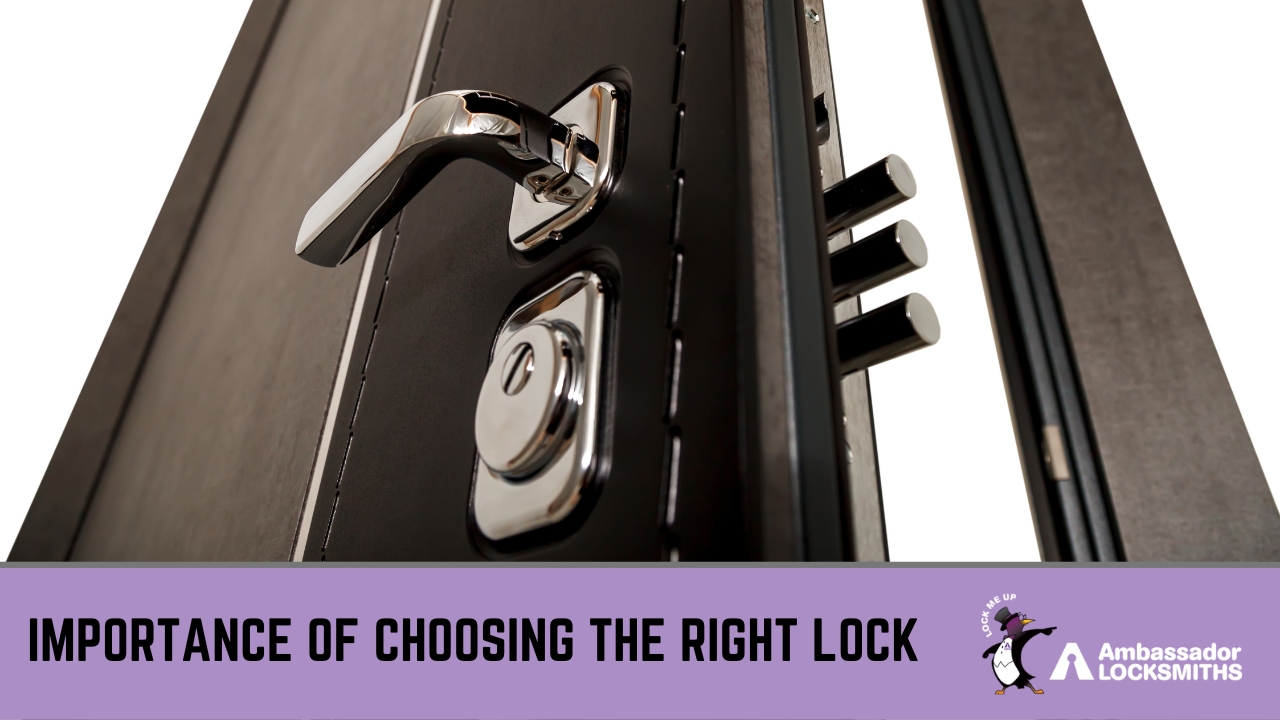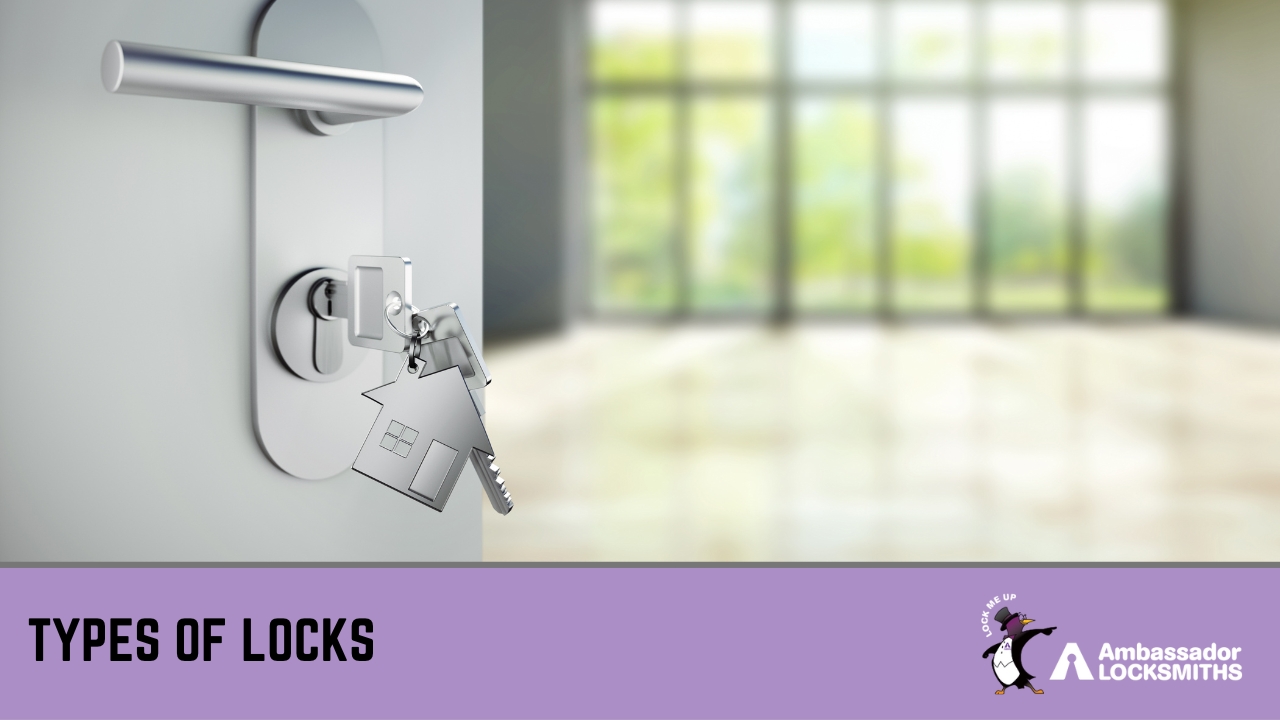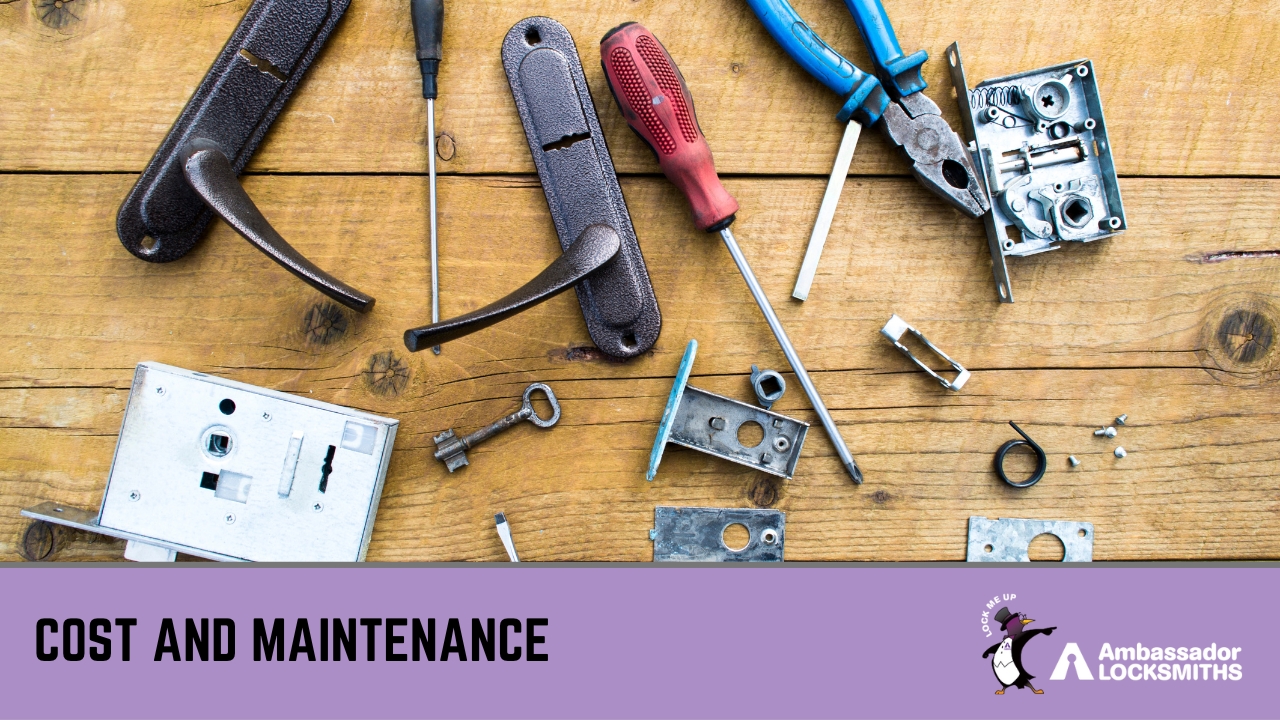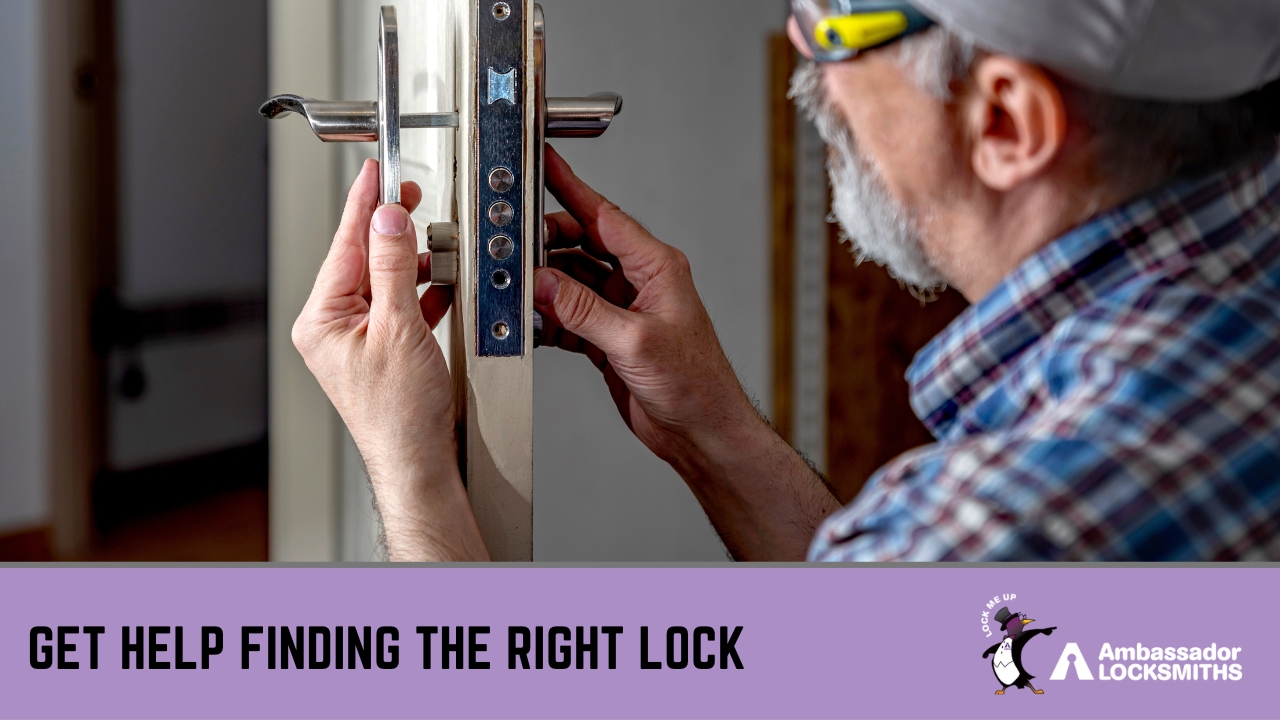As a homeowner or business owner, one of the most important decisions you can make is choosing the right lock to secure your property. A good lock not only keeps out unwanted intruders, but it also provides peace of mind knowing that your home or business is well-protected. With so many different types of locks available on the market, it can be overwhelming to determine which one is best for your specific needs. In this guide, we will explore the different factors to consider when selecting a lock and provide helpful information to aid in your decision-making process.

Importance of choosing the right lock
The lock you choose can have a significant impact on the security of your property. A poorly chosen lock can leave your home or business vulnerable to break-ins, while a high-quality lock can provide added protection against intruders. With so much at stake, it’s essential to take the time to research and select a lock that is suitable for your specific needs.
Factors to consider when selecting a lock
When choosing a lock, there are several key factors to consider, including security needs, cost and maintenance, aesthetics, and style. Each of these factors plays an essential role in determining the best lock for your property. In the following sections, we will take a closer look at each of these factors and provide helpful information to assist in your decision-making process.
When choosing a lock, one of the first decisions you’ll need to make is deciding on the type of lock that’s best for your needs.

Types of Locks
The main categories are mechanical locks, electronic models, and smart designs.
Mechanical Locks
These are the most traditional form, relied on for centuries in both homes and businesses. Deadbolts and doorknobs fall into this group, valued for strength and ease of use. Deadbolts require a key to operate, while doorknobs may use either a key or a thumb turn.
Electronic Locks
Also known as keyless entry, these systems offer convenience and strong access control. They run on codes or proximity cards programmed for specific people. Biometric versions, which use fingerprints or facial recognition, are a growing option in this category.
Smart Locks
This modern approach connects to smartphones, voice assistants, or web portals. They can grant entry at scheduled times and send alerts when a door is unlocked, giving both flexibility and oversight.
Evaluating Security Needs
When selecting a lock, the first step is to assess the level of protection your property currently has. This includes reviewing doors, windows, garages, and other entry points to determine if they are adequately secured.
It is also important to consider the risks specific to your location. Factors such as local crime rates, the likelihood of forced entry, and exposure to environmental events like floods or fires should be taken into account. These risks can influence the type of hardware required.
Future threats should not be overlooked. Intruders remain a concern for most households and businesses, while natural events can also damage entry hardware. Choosing durable products designed to resist both tampering and environmental stress helps reduce these risks.
Once risks have been identified, focus on high-priority areas. Entry points and spaces that contain valuables such as cash, documents, or equipment may need stronger solutions. Addressing these areas ensures the overall security system is more reliable.

Cost and Maintenance
When comparing options, it’s important to weigh both the purchase price and the long-term cost of maintenance. Some designs are more costly upfront but require little servicing and can last longer, which may reduce expenses over time. Others may be cheaper initially but involve more frequent repairs.
For instance, a basic mechanical model is often affordable to buy but may wear out faster than advanced electronic systems. Smart versions might include extra expenses for software updates or replacement parts. Checking warranty coverage is also worthwhile, as many products include repair or replacement if faults occur, with extended coverage available at an added cost.
Aesthetics and Style
Security hardware should also complement the look of a property. An ornate mechanical option can suit traditional homes, while sleek electronic or smart designs fit better with contemporary or minimalist spaces. Matching the hardware finish and design to architectural features helps it blend naturally rather than stand out.
Customisation is another way to achieve harmony with the overall style. Choices such as finishes, engraving, or personalised details can make the piece appear purpose-built for the property while maintaining function.

Get Help Finding the Right Lock
Selecting security hardware for a home or business requires considering several factors. These include the type of system, the level of protection required, cost of purchase and maintenance, and how the product matches the property’s design. Common choices range from traditional mechanical options to modern smart systems, with durable knob sets often used in residential settings.
Comparing function, appearance, and price helps ensure the option chosen meets both security and practical needs.
Ambassador Locksmiths provides local service in Newcastle and can recommend solutions suited to a range of requirements.
FAQs
Q. How do I know when it’s time to replace a lock?
A. Replacement is recommended if keys no longer turn smoothly, the mechanism sticks regularly, or the product shows visible wear that affects performance.
Q. Can one key open multiple locks?
A. Yes. A locksmith can set up a keyed-alike system so one key operates several doors, reducing the need to carry multiple keys.
Q. What are the long-term costs associated with owning a lock?
A. Long-term costs can include maintenance and repair costs, as well as the lifespan of the lock.
Q. What should I do if I lose my keys?
A. The safest option is to rekey or replace the affected locks immediately. This prevents anyone who finds the keys from accessing your property.
Q. Are smart locks secure against hacking?
A. Reputable brands use encryption and regular firmware updates. It’s important to update software as released and pair devices with secure Wi-Fi networks.
Q. Can locks be installed on older doors?
A. In most cases, yes. A locksmith can adapt or reinforce older frames to support modern hardware without affecting structural integrity.

